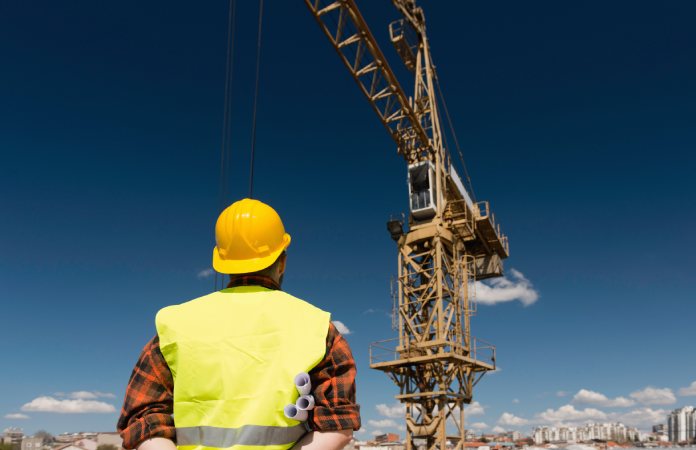As a business owner, you may encounter situations where you need to lift or move heavy equipment, materials, and machinery. This is where crane rental services come in handy. Renting a crane can be a cost-effective solution to accommodate your needs, especially if you only need it for a short period. In this beginner’s guide, we’ll provide you with an overview of crane rental and what you should consider before renting a crane.
Types of Cranes
The first thing you need to know is that there are different types of cranes available for rent. Some of the most common types include tower cranes, mobile cranes, rough terrain cranes, and crawler cranes. Each type of crane has unique features, and its suitability depends on your job’s scope. As a business owner, it’s crucial to understand what type of crane suits your job to avoid accidents, delays, or damages to your equipment.
Safety Measures
When you rent a crane, you should prioritize safety to ensure smooth operations. The crane operator should have the right training and certification to handle the crane. Also, before using the crane, make sure that it undergoes a proper inspection to detect faulty parts. Finally, create a safety plan that outlines the potential risks, how you’ll control them, and the emergency response procedures.
Crane Rental Costs
Another essential factor to consider is the rental cost. The rental cost varies depending on several factors, such as the crane type, duration of use, and location. Generally, tower and crawler cranes tend to be more expensive to rent than mobile and rough-terrain cranes. It would be best if you got quotes from different crane rental companies so you can compare the prices.
Logistics and Permits
Renting a crane also involves logistics and permits. Consider the space requirements, access, and transportation of the crane to your job site. You should also know the zoning requirements, permits, and insurance that apply in your area. Make sure that you have obtained all the necessary permits before you start using the crane.
Equipment Maintenance
Lastly, it’s crucial to maintain the rented crane properly. As a business owner, ensure that your team conducts regular inspections and maintenance checks, such as cleaning, oiling, and replacing faulty parts. Failing to maintain the equipment properly can lead to safety hazards and accidents.
In conclusion, renting a crane can help your business move heavy equipment efficiently. However, as a business owner, you need to exercise caution and make sure that you have considered safety, crane rental costs, logistics, permits, and maintenance. Choosing the right rental company with high-quality equipment and professional staff that can provide good customer service is key to the success of your project. We hope this beginner’s guide has provided you with valuable insights that will help you make an informed choice when renting a crane.
